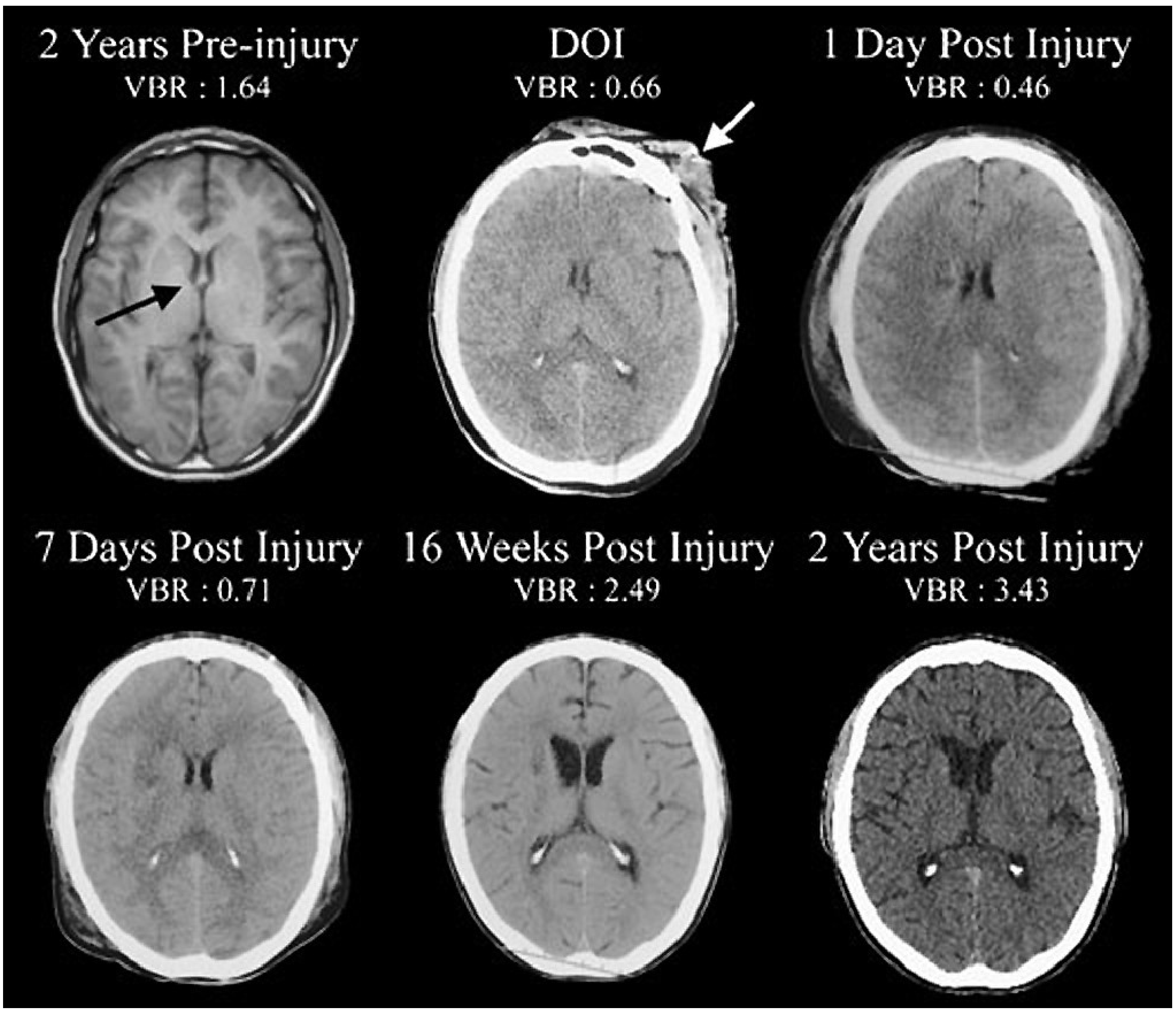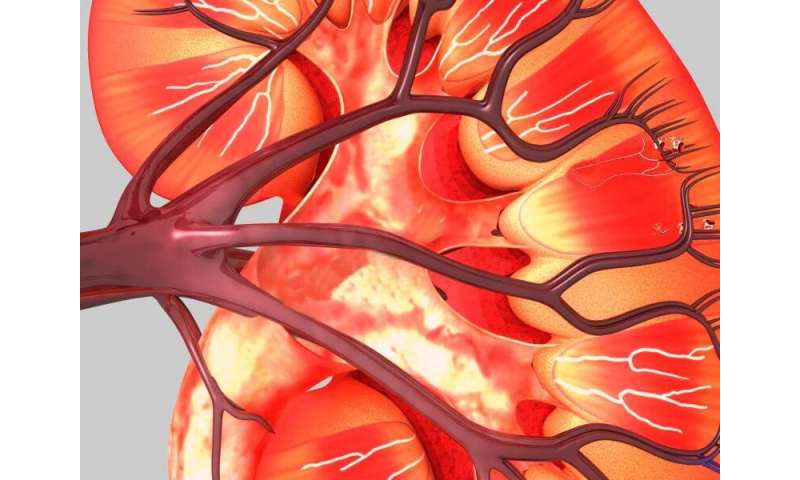

#Acute trauma professional
Call 1-80 to connect with a trained professional from the closest crisis counseling center within the network. Disaster Distress Hotline: This helpline, sponsored by the Substance Abuse and Mental Health Services Administration (SAMHSA), provides immediate counseling for people affected by any disaster or tragedy.You can learn more about suicide prevention on NIMH’s Suicide Prevention webpage.

Take any comments about suicide or wishing to die seriously-even those said by children and adolescents. Even if you do not believe your family member or friend will attempt suicide, the person is in distress and can benefit from your help in finding treatment.
#Acute trauma how to
For more information about how to contact social media outlets, visit the Lifeline’s Support on Social Media webpage.

Although substance use may seem to relieve symptoms temporarily, it can also lead to new problems and get in the way of recovery. Some people turn to alcohol or other drugs to cope with their symptoms. Individuals who have a mental health condition or who have had traumatic experiences in the past, who face ongoing stress, or who lack support from friends and family may be more likely to develop more severe symptoms and need additional help. Physical responses to trauma may also mean that an individual needs help. Older children and teens may feel guilty for not preventing injury or deaths. They may also develop disruptive, disrespectful, or destructive behaviors. Older children and teens are more likely to show symptoms similar to those seen in adults. Being unusually clingy with a parent or other adult.Acting out the scary event during playtime.Forgetting how to or being unable to talk.Wetting the bed after having learned to use the toilet.Symptoms sometimes seen in very young children (less than six years old) can include: Becoming isolated from family and friendsĬhildren and teens can have different reactions to trauma than those of adults.Avoiding places or people that bring back disturbing memories and responses.Having nightmares or difficulty sleeping.Having frightening thoughts or flashbacks, reliving the experience.Worrying a lot or feeling very anxious, sad, or fearful.Some signs that an individual may need help include: If they are interfering with daily life or are not getting better over time, it is important to seek professional help. In some cases, these responses continue for a longer period of time and interfere with everyday life. Continually thinking about what happenedįor most people, these are normal and expected responses and generally lessen with time.Most people have intense responses immediately following, and often for several weeks or months after a traumatic event. Responses to trauma can be immediate or delayed, brief or prolonged. Research Training and Career Development Opportunities.Research Conducted at NIMH (Intramural Research Program).Upcoming Observances and Related Events.Contribute to Mental Health Research Mobile navigation


 0 kommentar(er)
0 kommentar(er)
